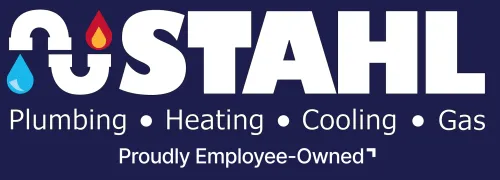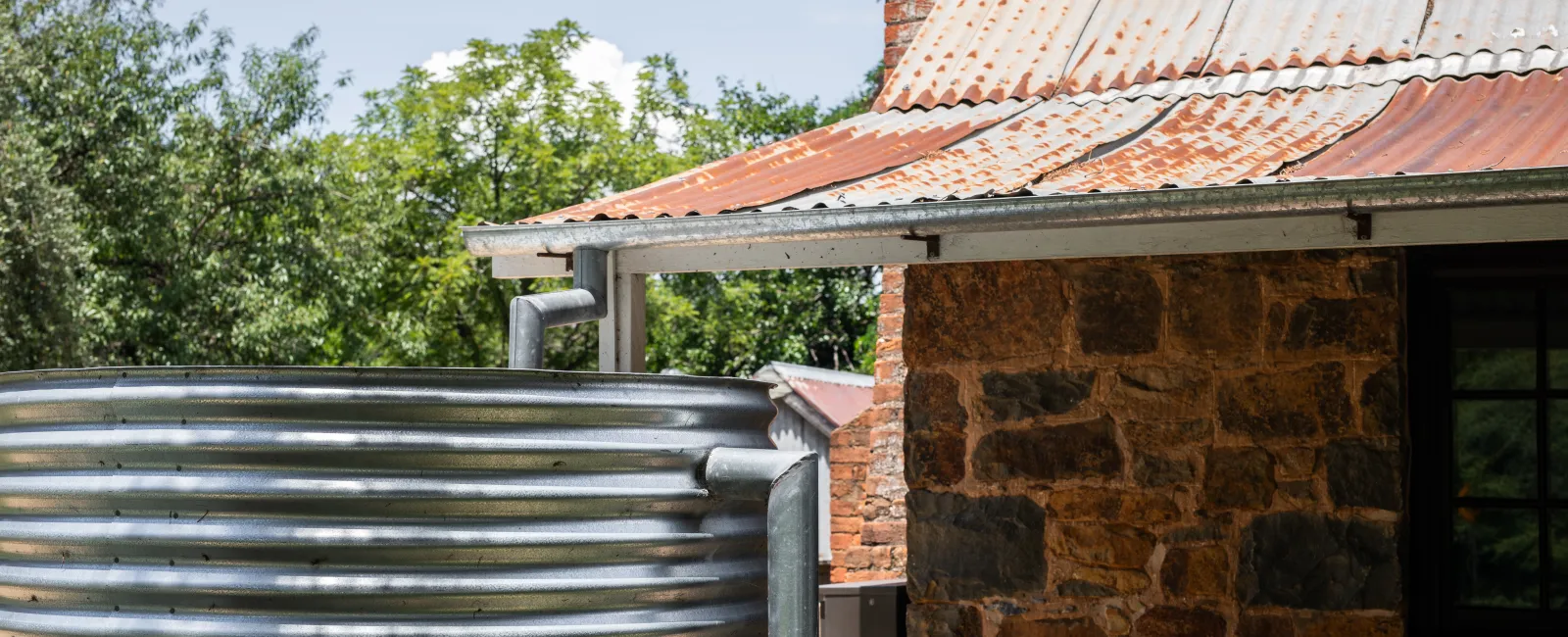- A rainwater harvesting system lowers utility bills by collecting rainwater for non-drinking uses.
- Use eco-friendly plumbing Pittsburgh solutions to conserve water sustainably.
- Reduce water bills by using harvested rainwater for gardening, cleaning, and more.
- Enjoy rainwater collection benefits like healthier plants and flood prevention.
Water conservation isn't just an environmental trend—it's becoming essential for sustainable living, especially in urban areas. A rainwater harvesting system offers an effective way to reduce dependency on municipal water supplies, helping homeowners reduce water usage Pittsburgh wide. By collecting rainwater, homeowners can decrease utility bills, reduce strain on public water systems, and create a more sustainable future with eco-friendly plumbing Pittsburgh solutions.
What Is a Rainwater Harvesting System?
A rainwater harvesting system collects, stores, and redirects rainwater for various household uses. This system typically includes a catchment area (usually your roof), gutters, downspouts, a filtration unit, and storage tanks. Collected rainwater can be used for non-potable purposes such as:
- Irrigating gardens and lawns
- Flushing toilets
- Washing cars or outdoor furniture
- Filling fountains or ponds
With additional treatment, it's even possible to use rainwater for drinking, although most households use it primarily for outdoor and non-consumable purposes.
Rainwater Collection Benefits for Homeowners
There are many reasons to incorporate a rainwater harvesting system into your home. Here are some key rainwater collection benefits that make it a worthwhile investment:
- Lower Utility Bills
By using collected rainwater for irrigation, toilet flushing, or laundry, homeowners can significantly cut down on their monthly water usage. This is especially helpful during dry months when water bills tend to rise. - Eco-Friendly Water Management
Rainwater collection reduces your reliance on city water systems, easing the demand on municipal resources. This is a perfect example of eco-friendly plumbing Pittsburgh homeowners can embrace to live more sustainably and reduce their environmental footprint. - Prevention of Flooding and Erosion
Collecting rainwater helps reduce stormwater runoff, which can lead to local flooding and erosion. By storing rainwater instead of letting it run off into drains, homeowners protect their landscaping and avoid soil loss. - Healthier Plants
Municipal water often contains chemicals such as chlorine, which can negatively impact plants over time. Rainwater, on the other hand, is naturally soft and free from additives, making it ideal for watering gardens and lawns.
How Rainwater Harvesting Helps Reduce Water Usage in Pittsburgh
As Pittsburgh grows, water conservation becomes more crucial. Implementing a rainwater harvesting system allows homeowners to take an active role in sustainable water management. In a city that experiences frequent rainfall, collected rainwater can go a long way toward reducing dependence on public water supplies. For those looking to reduce water usage Pittsburgh, using rainwater for everyday tasks like gardening and car washing offers a simple and practical solution.
Additionally, Pittsburgh homeowners who invest in rainwater systems help the city prepare for future water scarcity issues. Reducing demand on the public water system also means fewer energy resources are needed for treatment and distribution, making the city's water infrastructure more efficient.
Easy Steps to Get Started with Rainwater Harvesting
If you're ready to enjoy the rainwater collection benefits, here's how to get started:
- Evaluate Your Roof and Gutter System
Your roof acts as the catchment area, so it's essential to make sure gutters are clean and functioning properly. Consider adding gutter guards to keep leaves and debris from contaminating your stored water. - Choose a Storage Tank Size Based on Your Needs
Tanks come in many sizes, from small barrels to large underground cisterns. Think about how much rainwater you plan to collect and the space available for storage. - Install Filters to Keep Water Clean
A good filtration system is essential to remove debris and pollutants before water enters the tank. - Work with Professionals for Complex Systems
While small rain barrels are easy to install yourself, more advanced systems that integrate with your home's plumbing should be professionally installed to ensure they meet city codes and function safely.
Trust Stahl Plumbing for Eco-Friendly Plumbing Solutions
Implementing a rainwater harvesting system is an excellent way to save on water costs and contribute to sustainable water management. With the right setup, you can reduce water bills, protect your landscaping, and make your home more environmentally friendly. Stahl Plumbing offers expert advice and installation services for homeowners seeking eco-friendly plumbing Pittsburgh solutions.
Contact Stahl Plumbing today to learn more about rainwater harvesting and how it can help you reduce water usage Pittsburgh while creating a more sustainable home. Our experienced team will guide you through the process, ensuring your system is efficient, compliant, and tailored to your needs.

